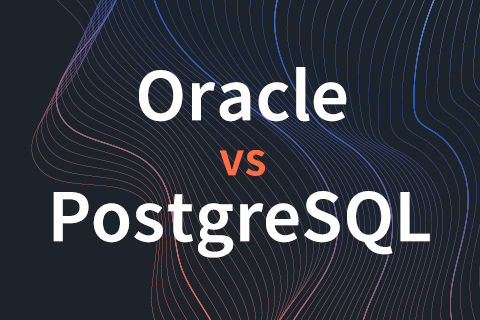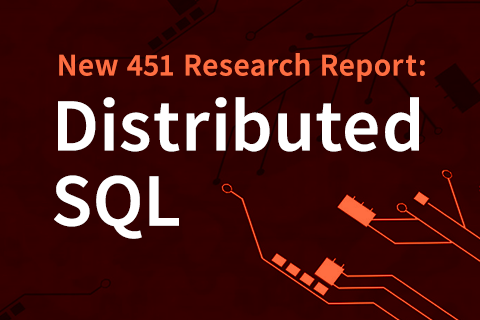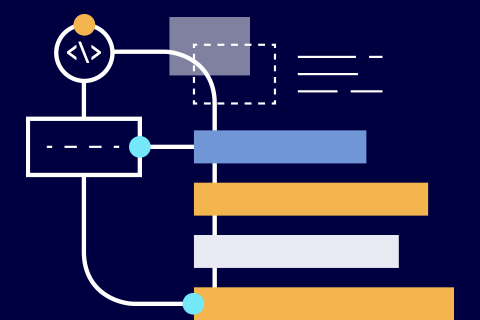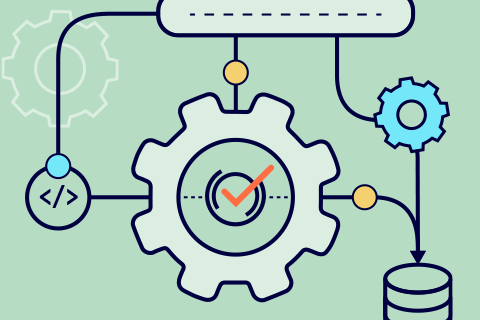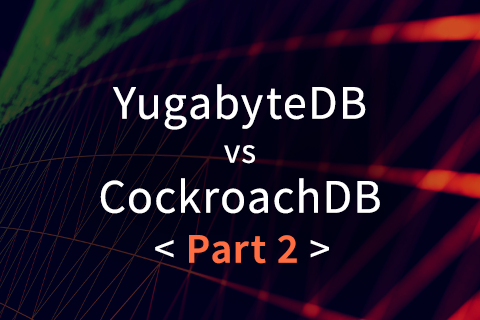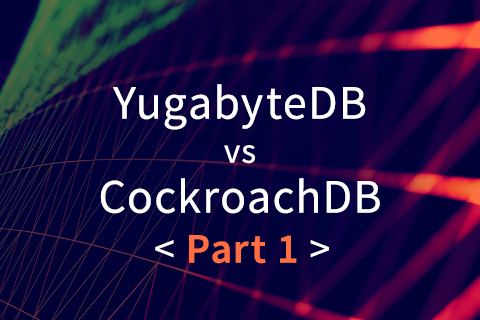Oracle vs PostgreSQL: First Glance – Testing YugabyteDB’s Compatibility
This post explores the compatibility of YugabyteDB with Oracle and PostgreSQL by examining 15 different Oracle features and their PostgreSQL equivalents highlighted in Roland Takacs’ blog post “Oracle vs PostgreSQL: First Glance.” As a PostgreSQL-compatible distributed SQL database, YugabyteDB offers a broad range of SQL features, making it an interesting choice for those looking to migrate from Oracle to a modern tech stack.
